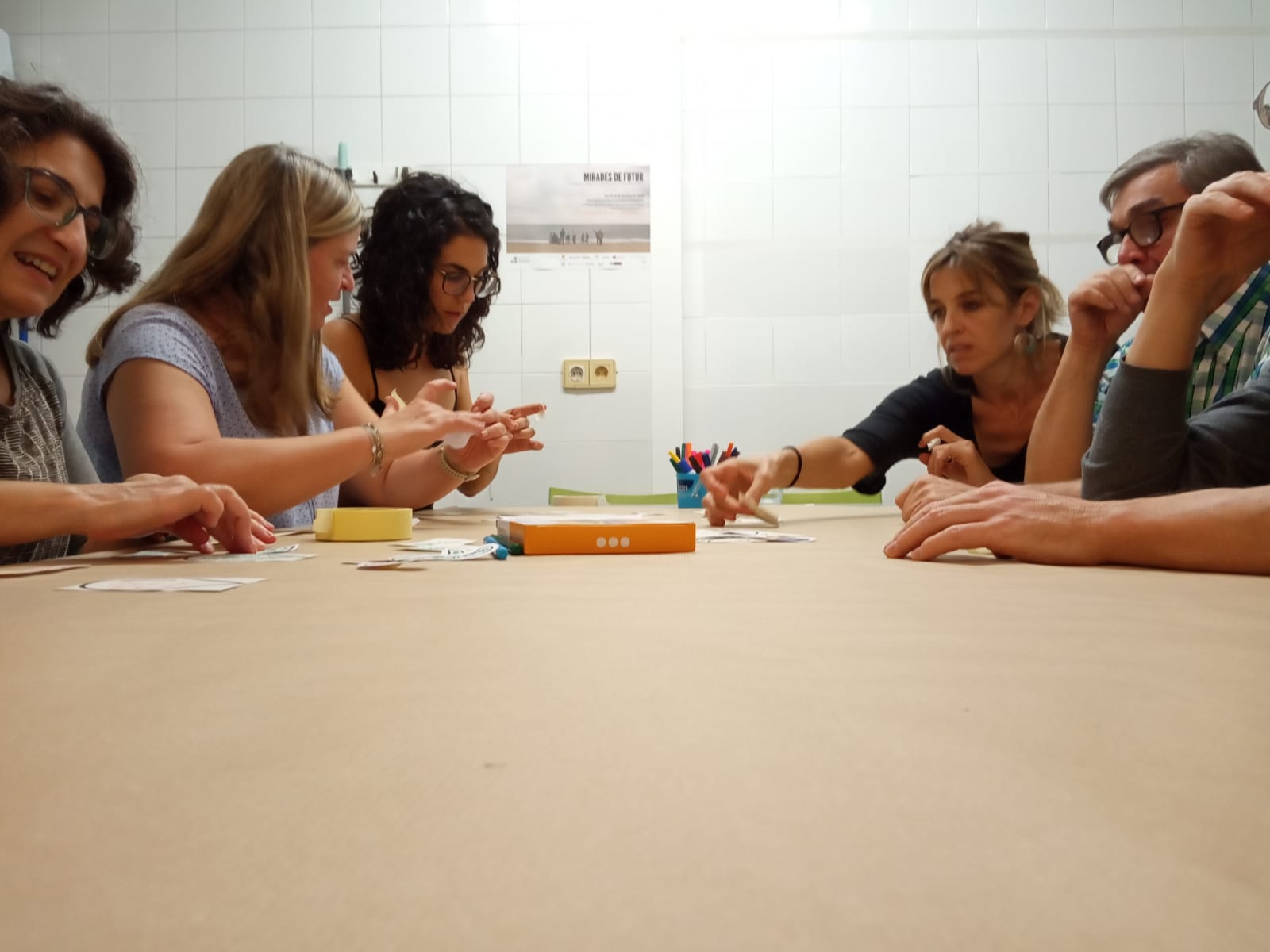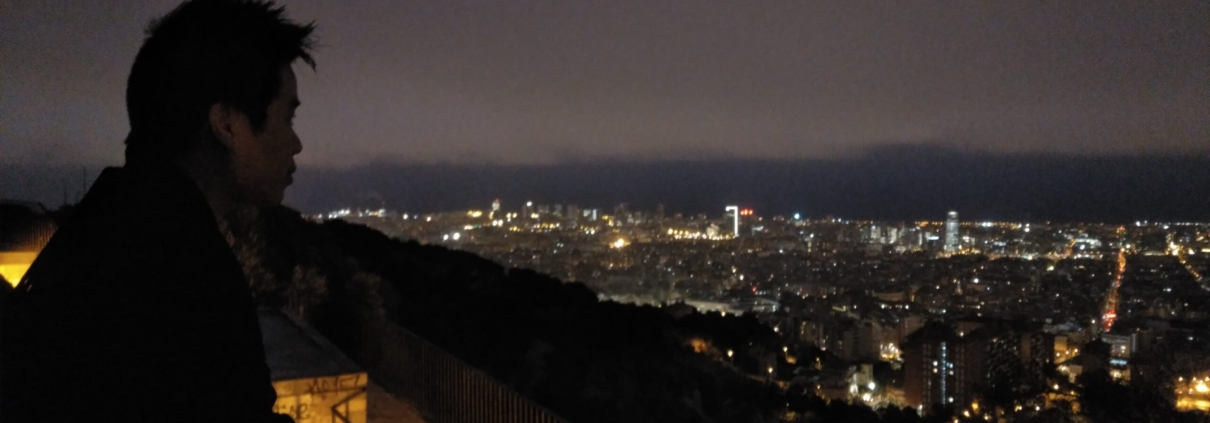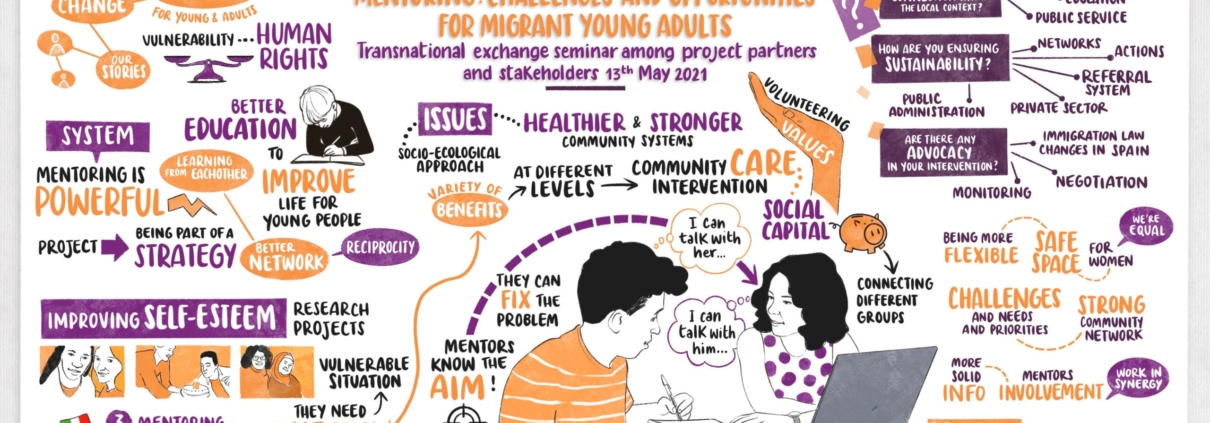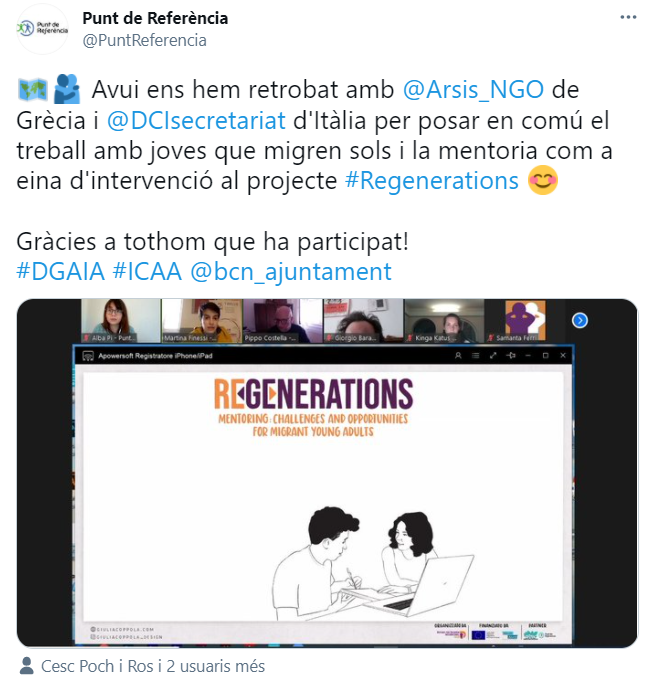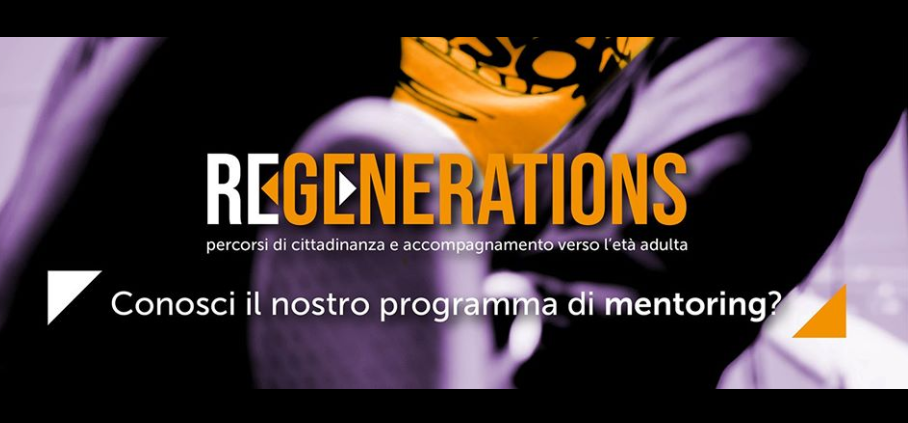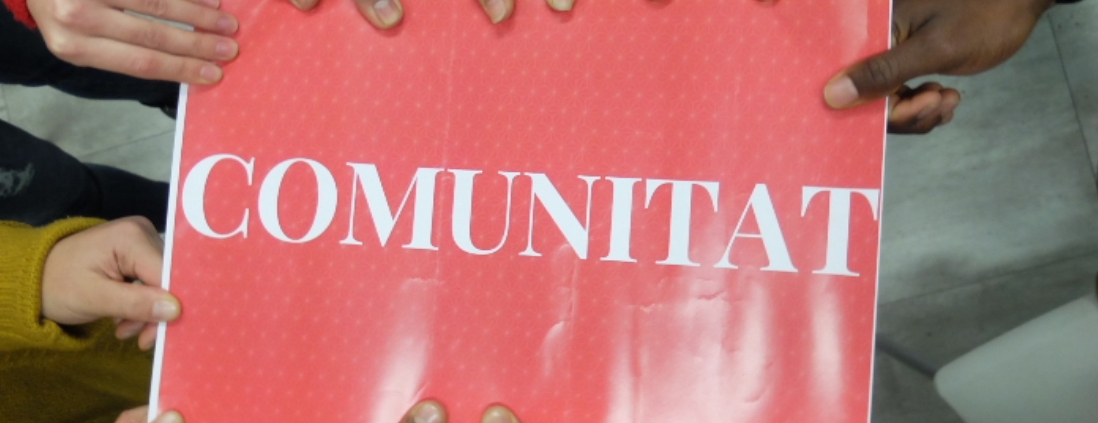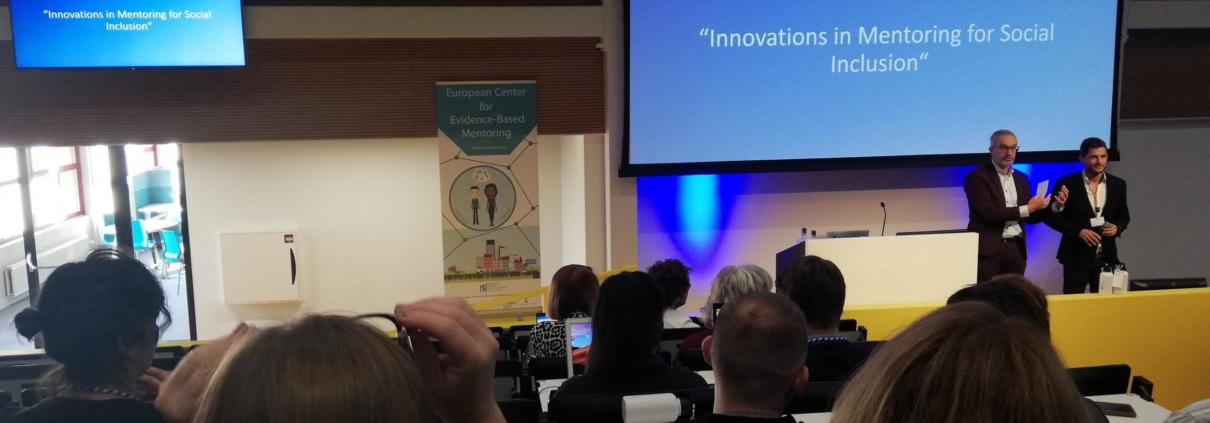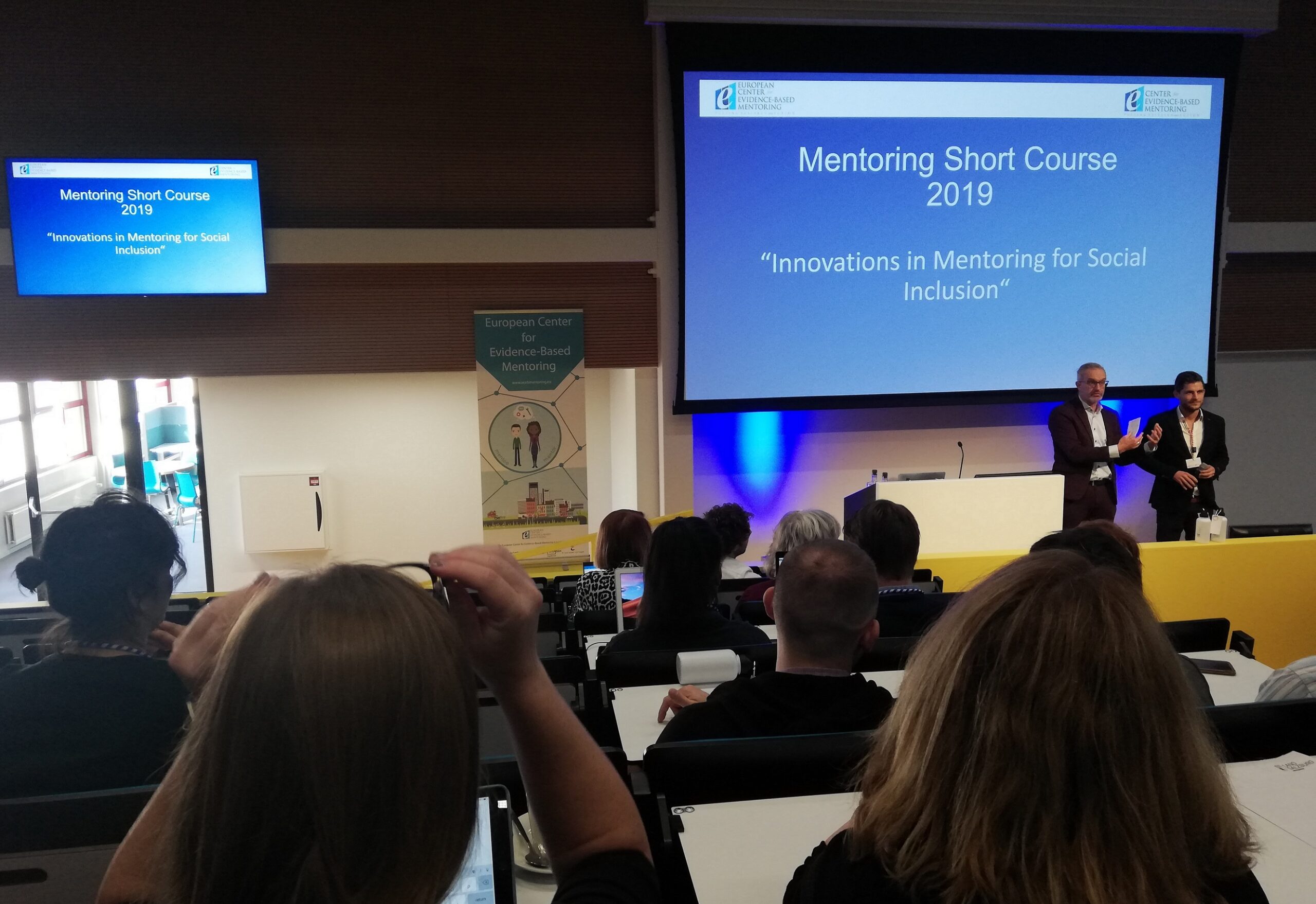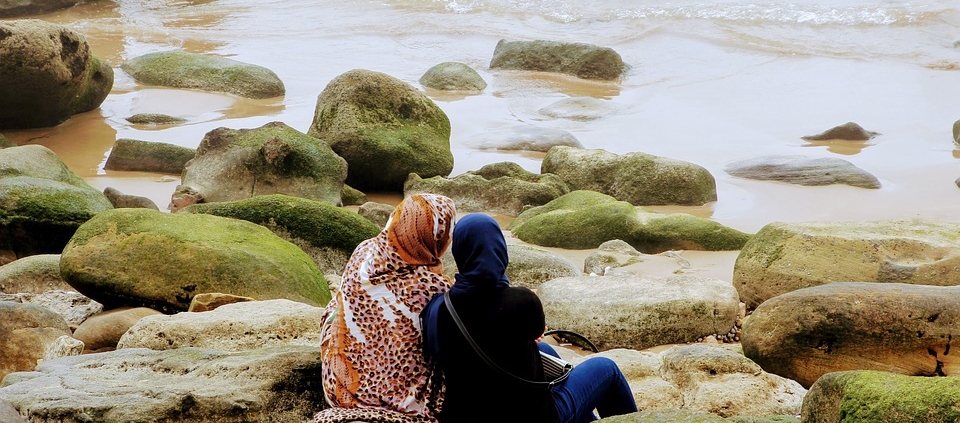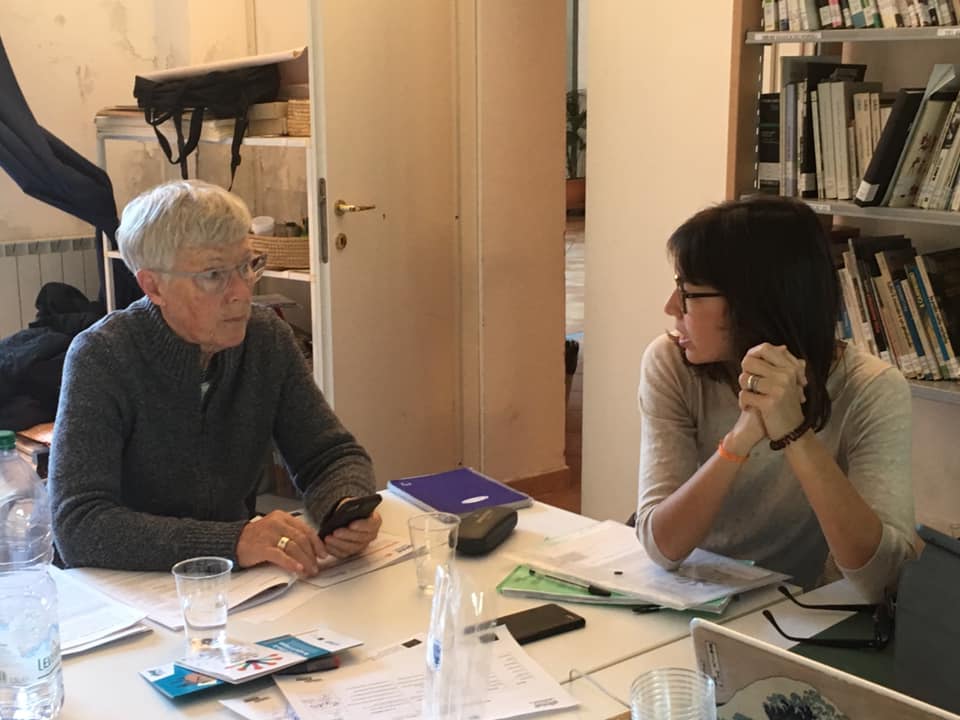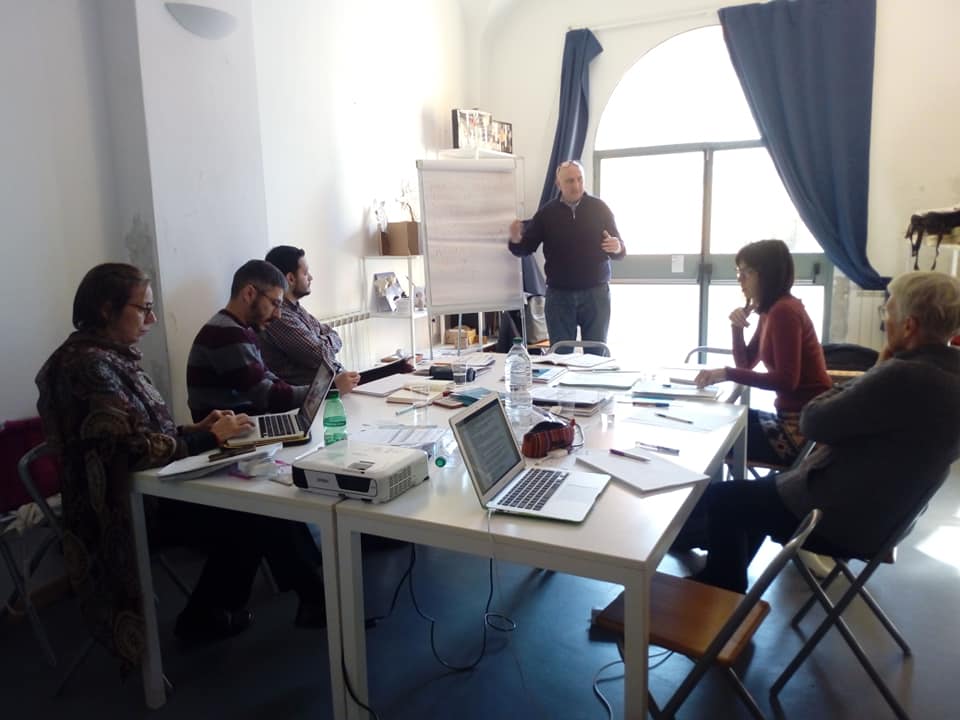Xavi Alarcón, resercher
Last March I received my doctorate from the University of Girona, under the supervision of Dr. Oscar Prieto-Flores. My thesis has focused on evaluating the positive effects that social mentoring has on young people of foreign origin, mostly unaccompanied minors who were under the guardianship of the DGAIA (General Directorate of Attention to Children and Adolescents), who, when turning 18 gained admission to the assisted flats of the Support Area for Young People in and Out of Care.
The young unaccompanied migrants who participated were part of the Referents project of Punt de Referència Association. Firstly, the study focused on identifying the aspects on which the mentoring project had an effect. Secondly, to determine what are the types of social support that mentors provide to young people. And, thirdly, to show how this support can be a significant complement in the support network for young people. All these elements have a direct implication in their transition to adulthood and in their social inclusion as a migrant group.
Increased psychological well-being: self-esteem, resilience, and hope
Conducting questionnaires with more than forty young people (some participated in the mentoring project, others did not), we were able to highlight that the mentees significantly improve self-esteem, resilience, and hope. Our interviews with ten migrant youth and their mentors helped us understand why these improvements occur, compared to youth who were not mentored.
Mentors are a source of emotional support and advice. The display of active listening and the ability they show to empathize with the mentees’ situations are the key to fostering a positive vision of youth towards themselves. The easy access that mentors promote also facilitates mentees to feel open to receiving advice. Shows of concern through advice and messages of hope help young people feel more patient with all the obstacles they encounter, fostering a more favourable vision of their future. All this is explained by the mentees in their own words:
“If I have problems, I can call her (the mentor) at any time and explain my problem to her and if she can, she helps me. […] It helps me, because about my papers, I explained to her and she gave me advice, she tells me to continue studying, that hopefully one day I will have the residence permit…” Mentee
“You may have a problem and this person can help you fix the problems you have, and since I am not a local, the people who are from here know much more […] and they can tell me about things that can help me in the future.” Mentee
Improving educational futures: educational aspirations and expectations
In addition, mentors mean an improvement of the possibilities that their mentees get to know the resources in their environment. This implies that young people have more opportunities to find services or people that help them continue with their development, and in the transition to adulthood. These new opportunities and the guidance of mentors help youth to plan their careers more calmly, having someone to guide them to achieve what they want for their future. One of the mentors and one of the youngsters provide an example:
“One day we went to one of those places that are like a youth centre, […] we passed by and wanted to see what they offered for young people. A girl assisted us who immediately… ‘Look, here you have people who can help you make a resume, we do concerts, activities, football and many things for young people’. And yes, I took him to a place where they could really offer him the possibility of expanding his environment.” Mentor
“I like to be in touch with many people. Because a memory is a memory, but your memory and my memory, if we work together, will be two ideas that work. […] Before things were always in my head, I didn’t talk to anyone… Well, since I arrived here, with many projects, collaborating with them, I started to forget my things, I started to relax with my stuff…. Thanks to everyone on the project who help me.” Mentee
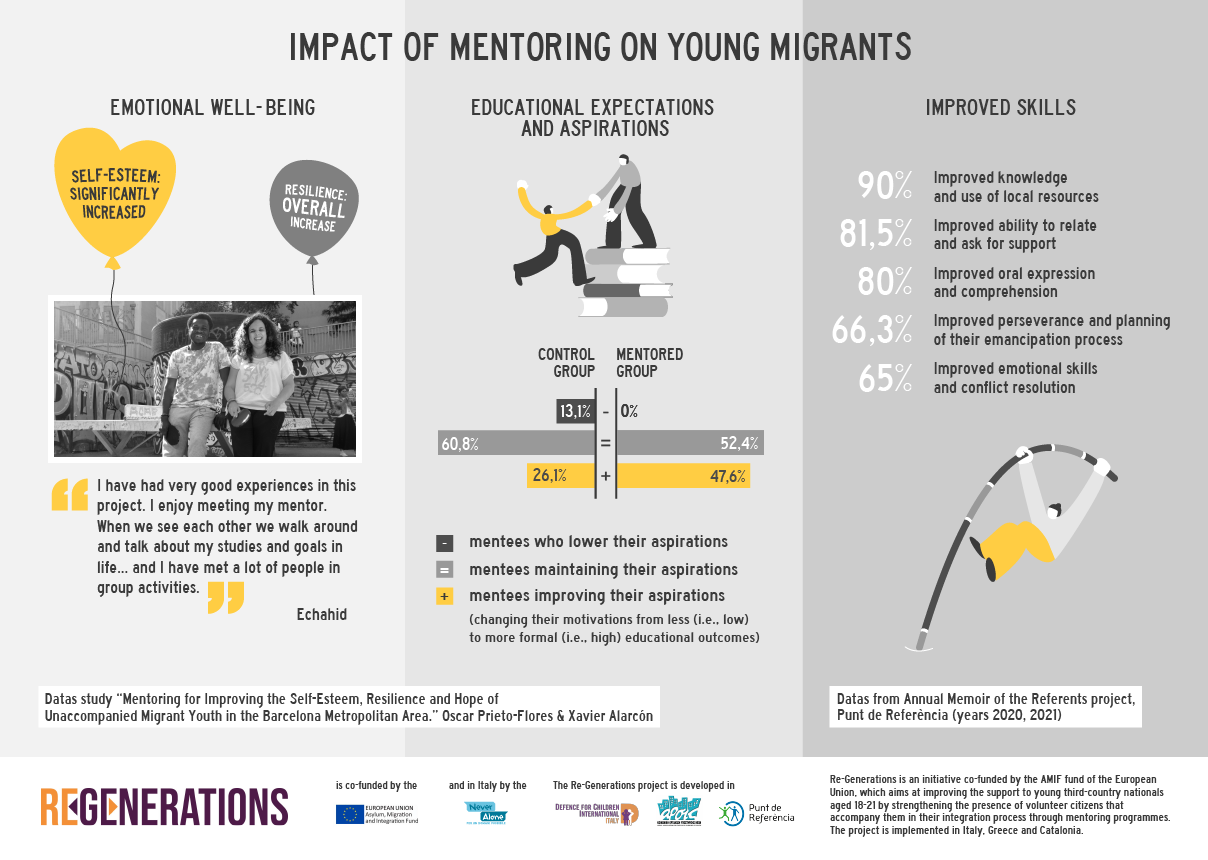
Training and monitoring of volunteers: Well-targeted and problem specific mentoring approach
As the previous young man’s testimony suggests, Punt de Referència does not only connect them with adult volunteers who can provide support by themselves. The entity seeks to provide volunteers with the necessary tools to carry out this educational accompaniment. They can do so because they know the group first-hand, they have been supporting them for many years through the different projects they develop, and they attach great importance to training and monitoring mentors. The academic literature on mentoring calls this type of approach “well-targeted and problem specific”. Other studies have shown that these mentoring projects tend to have greater effects in academic, psychological, and social terms. Summarizing this entire training and follow-up structure is difficult, but the positive effect it has on the task of mentors can be summed up in their own words:
“They put us in context, in relation to the current legal framework of all migrant youth who arrive, if they have requested political asylum or if they are unaccompanied minors. […] Later, I would consult often with Cristina (project technician). I mean, I would explain anything to her, and she would give me feedback.” Mentor
“During training, at the beginning, they told us everything that could happen to them. […] They put you in difficult situations and I think it’s a very good idea, because it’s a way of making you understand that not everything is nice. It may happen that the young man comes to you one day and brings up something and you do not know what to answer…” Mentor
Mentoring as a complement to an existing support network
It is also important to note that, in addition to mentors, these youth have more adult references. The Spanish Federation of Assisted Projects and Flats (FEPA) and the entities that belong to it, are a great support in the emancipation of this young group. On one hand, as pointed out before, there are the entities and educators who support them in assisted flats. On the other, relatives in the country of origin, who remain in contact with their young ones through social networks and instant messaging.
Educators normally focus on many areas of the young people’s lives. This implies helping them to develop their skills for emancipation, accompanying them in their search for training courses, providing them with support in their document and administrative management, etc. Family members, on the other hand, are a valuable source of emotional support, although sometimes young people do not want to share their discomfort with them in order not to worry them. Therefore, many of them need other adult guides to help them cope with day-to-day difficulties, having a space for reflection in which to talk about personal problems, concerns, and challenges for the future. It is precisely in this space where a mentor can help, establishing her/himself as a clear complement in the support that they can receive from institutions and from family in the distance.
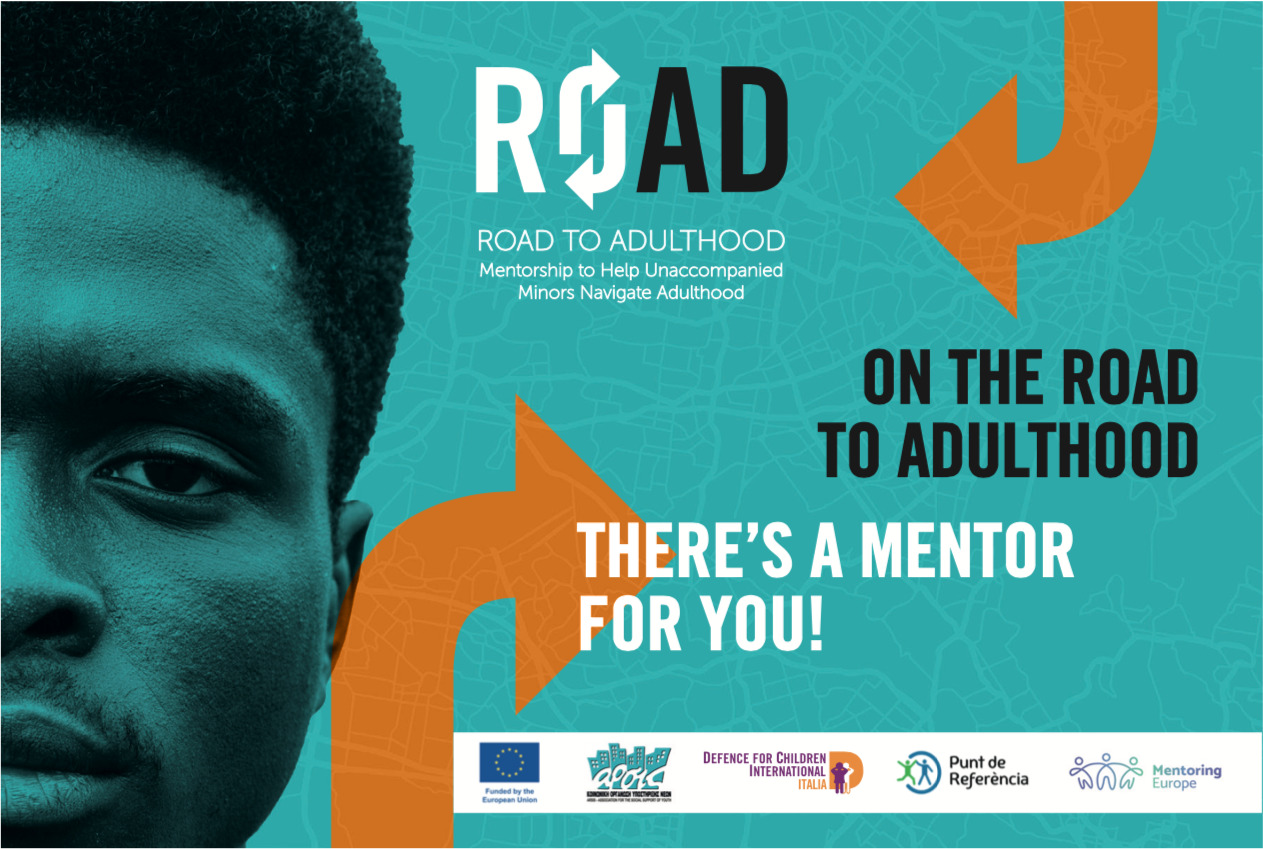
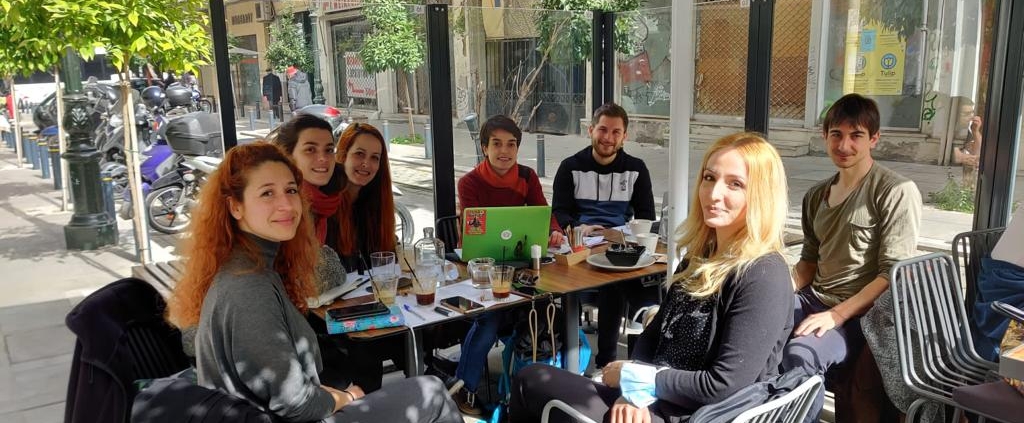
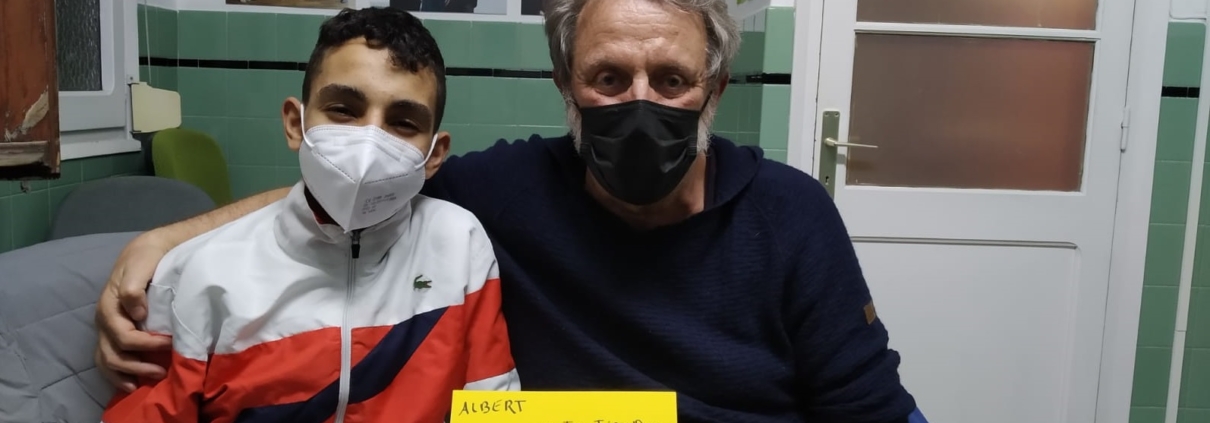

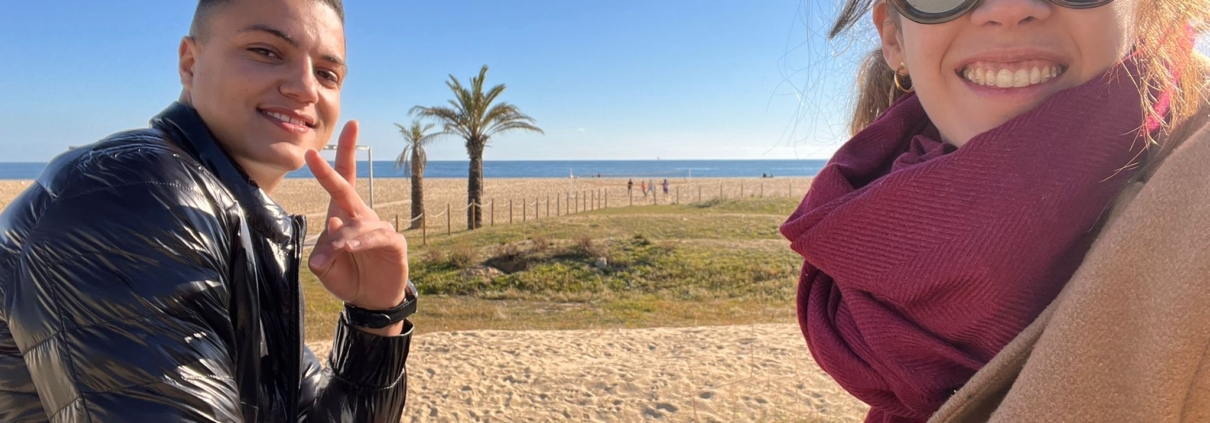
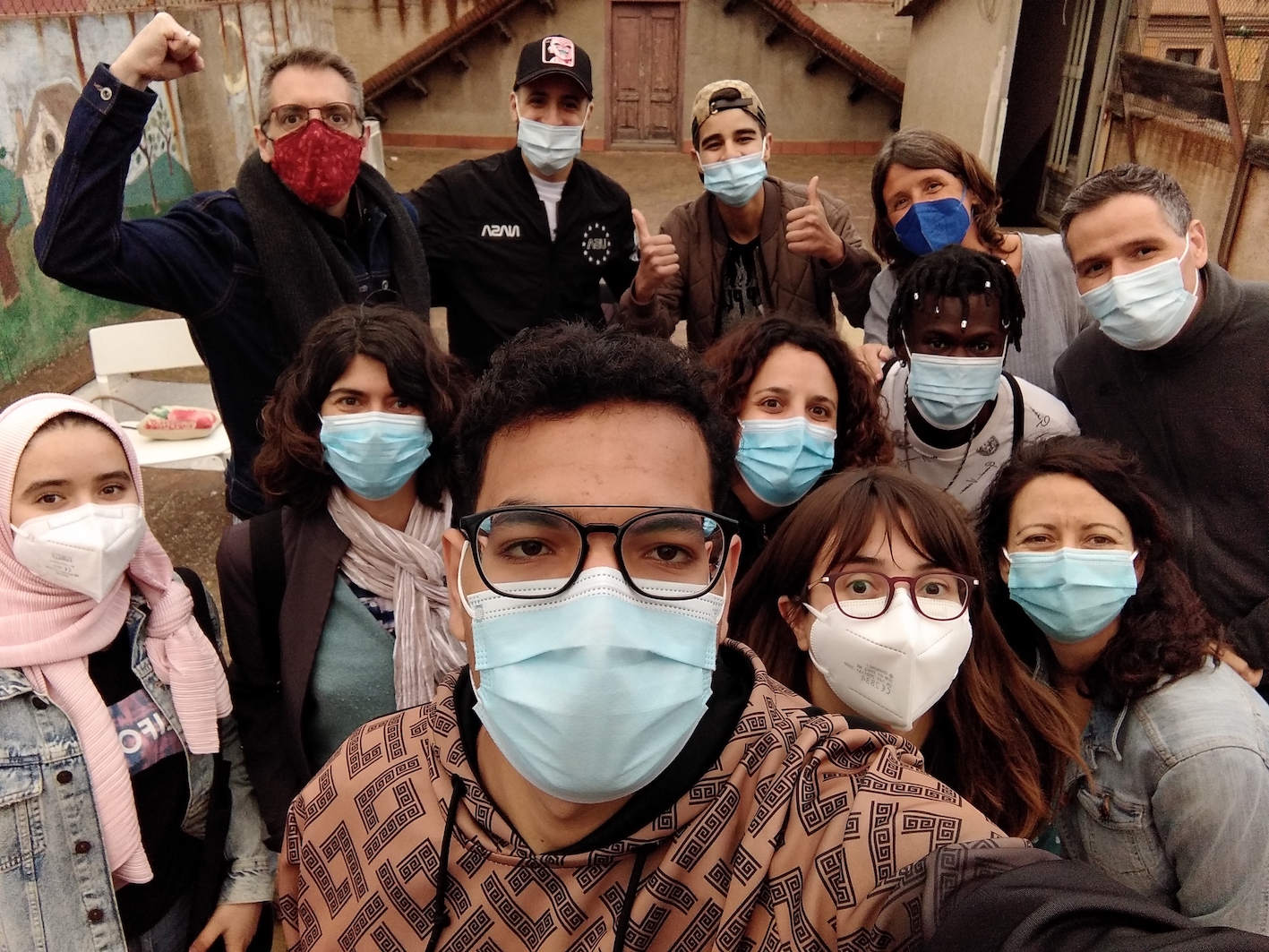 “Every time I hear of a tragedy, I immediately think that it could have been him… Volunteering is useful for placing what is a political or geopolitical problem in a personal level and seeing that it is affecting specific people. And thus, you go from valuing it from a theoretical or abstract perspective to a more personal, empathetic point of view”.
“Every time I hear of a tragedy, I immediately think that it could have been him… Volunteering is useful for placing what is a political or geopolitical problem in a personal level and seeing that it is affecting specific people. And thus, you go from valuing it from a theoretical or abstract perspective to a more personal, empathetic point of view”.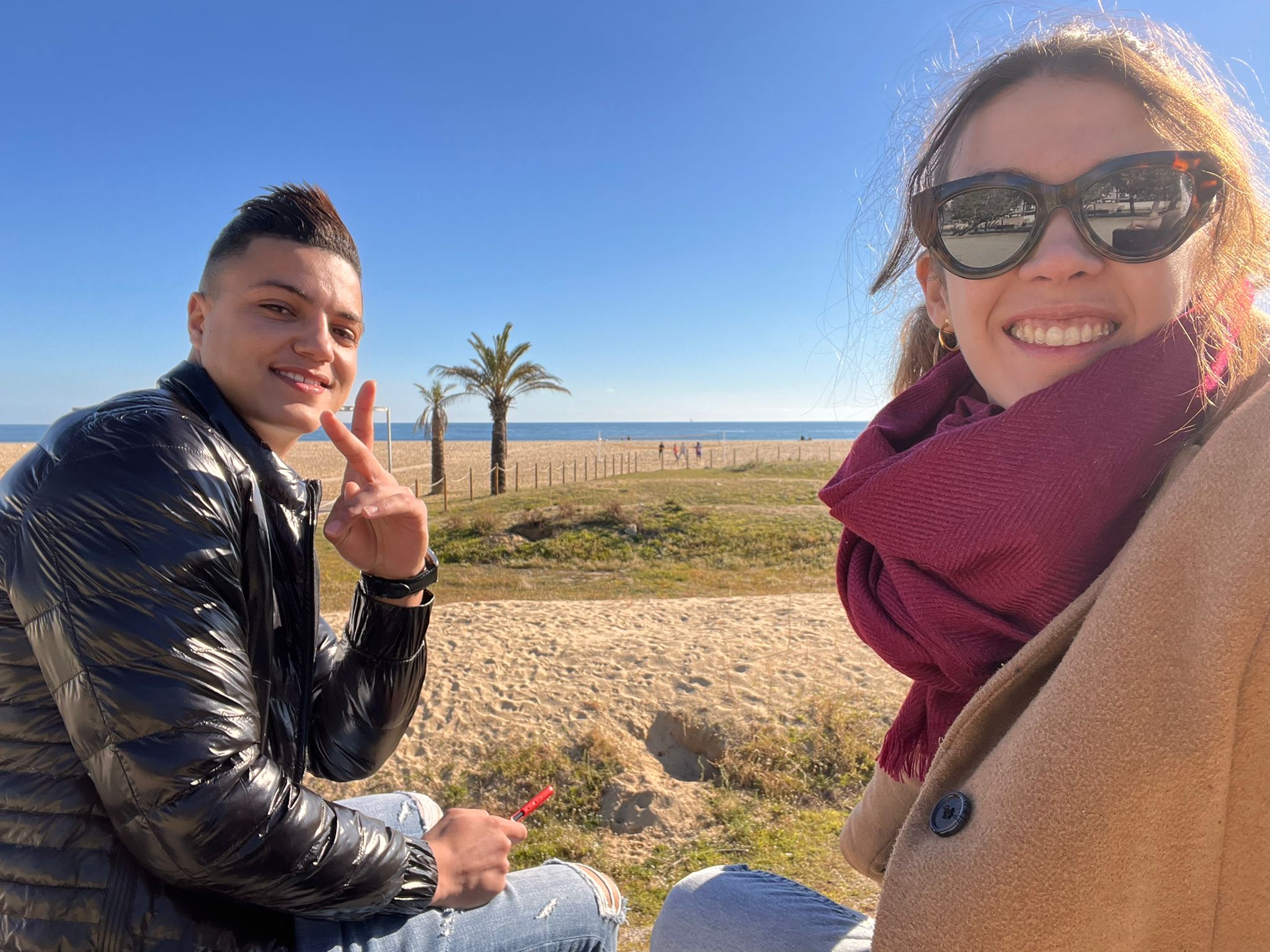 Regarding this area, the study points out that volunteers learn to adapt communication according to the moment of the person in front of them, establishing relationships based on empathy and respect, overcoming age, cultural or religious differences. It also shows the work they do to not provide solutions or not try to change the other person’s way of thinking, as well as respect silence.
Regarding this area, the study points out that volunteers learn to adapt communication according to the moment of the person in front of them, establishing relationships based on empathy and respect, overcoming age, cultural or religious differences. It also shows the work they do to not provide solutions or not try to change the other person’s way of thinking, as well as respect silence.